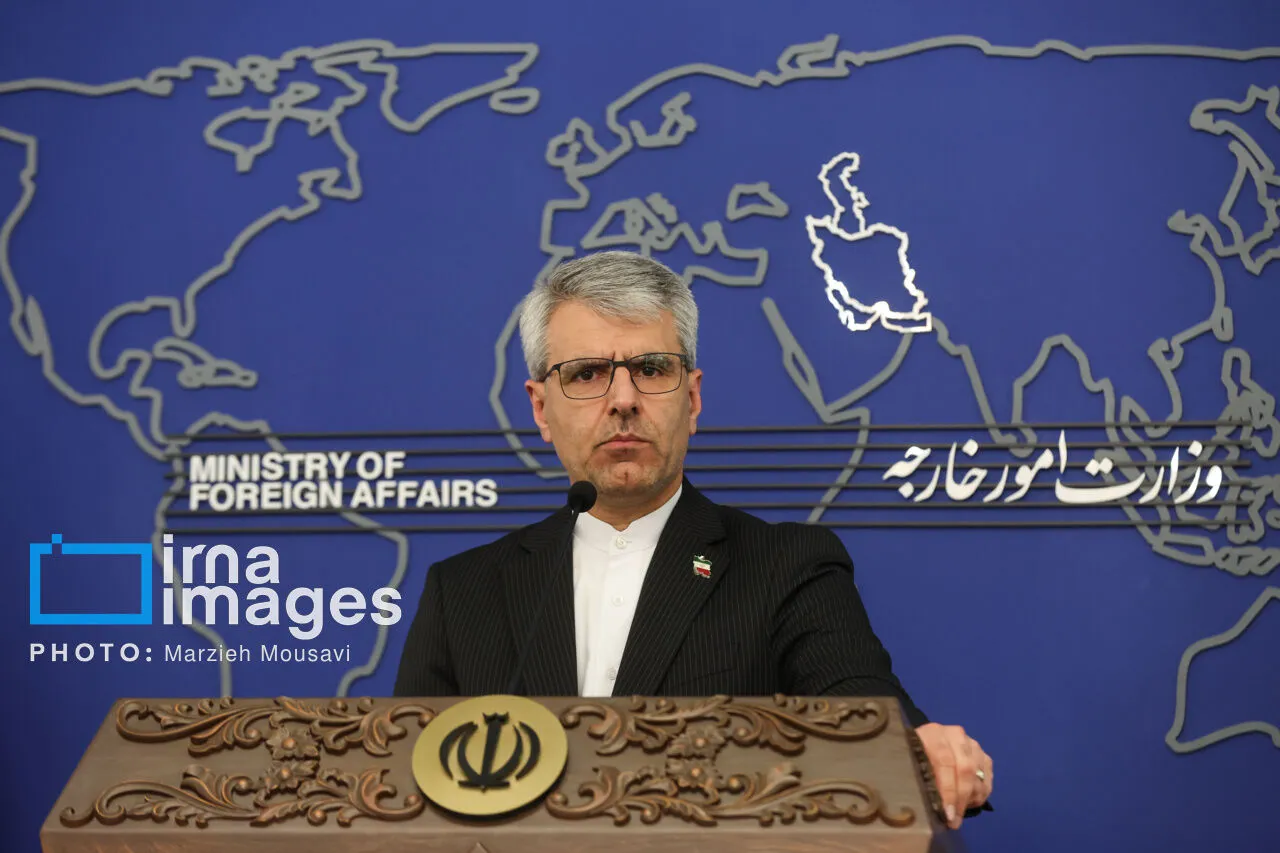In a much-awaited verdict, a Paris court ruled on March 31 that Marine Le Pen, the leader of France’s National Rally (Rassemblement National), was guilty of embezzlement of public funds, and banned her from running for public office for five years—with immediate effect. Marine Le Pen immediately announced she would file an appeal against the “politically motivated ruling.” As it now stands, she will not be able to run as a candidate in the 2027 presidential election, since the ban is applicable immediately, even before the appeals process has run its course. The Appeal Court did, however, announce that the case would be heard much more quickly than usual, and a verdict should be pronounced by the summer of 2026.
The RN is currently the single largest party in the French parliament, and Marine Le Pen is among the very few leaders given good chances of winning the 2027 presidential election.
We asked Jacques Cheminade, the president of the French party Solidarité et Progrès, for his preliminary reaction, shortly after the verdict was announced. His answer:
“Marine Le Pen’s conviction comes as no surprise. However, the fact that her sentence of ineligibility is immediately enforceable, even before she has a chance to appeal, has all the markings of an intervention by the judiciary into politics. The earlier action of the National Financial Prosecutor’s Office in the indictment and conviction of [conservative leader] François Fillon had created the same unease. What’s more, in many Western countries we are witnessing what is not a ‘government of judges,’ but rather the way in which judges act opportunistically in relation to electoral processes. Thus, Marine Le Pen, who would receive around 37% of the vote in a presidential election according to the polls, would be prevented in principle from running. This raises profound doubts as to the principle of the separation of powers, which constitutes a danger for democracy.





